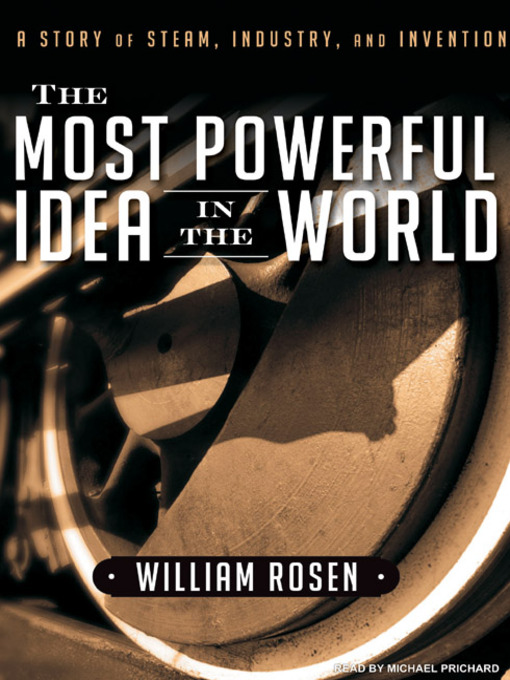- Available now
- Just added
- No Wait eBooks
- Most popular
- Popular Nonfiction eBooks
- Spanish Titles
- New Kids Additions
- New Teen Additions
- Wisconsin Born and Read
- Great reads without the wait!
- See all
- Available now
- Just added
- Always Be Listening
- Most popular
- New for Kids
- New for Teens
- New Audiobooks
- Award-Worthy Audiobooks
- L.A. Theatre Works
- Self-Improvement /Self-Help
- Great reads without the wait!
- No Wait Listening!
- See all
- Food & Cooking
- Home & Garden
- Health & Fitness
- Fashion
- News & Politics
- Hobbies & Crafts
- Celebrity
- Tech & Gaming
- Cars & Motorcycles
- Family & Parenting
- Sports
- Travel & Outdoor
- Photography
- See all


